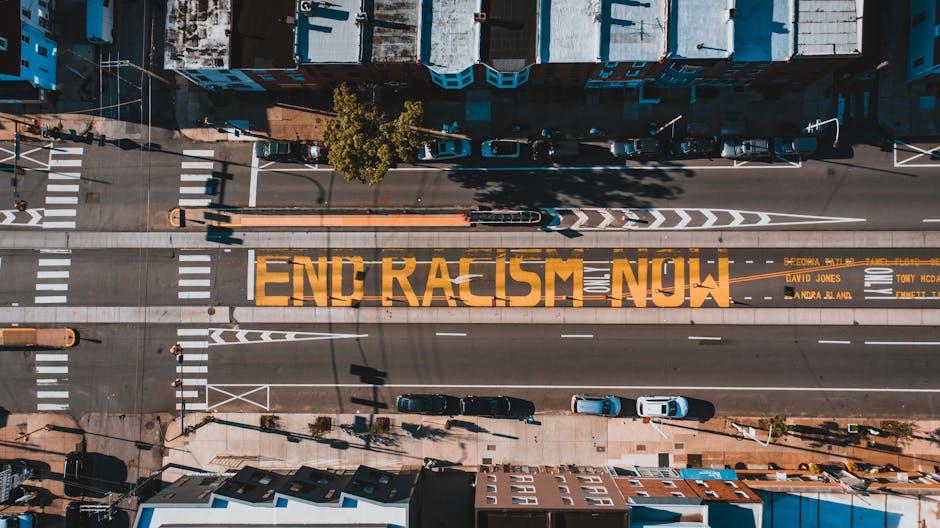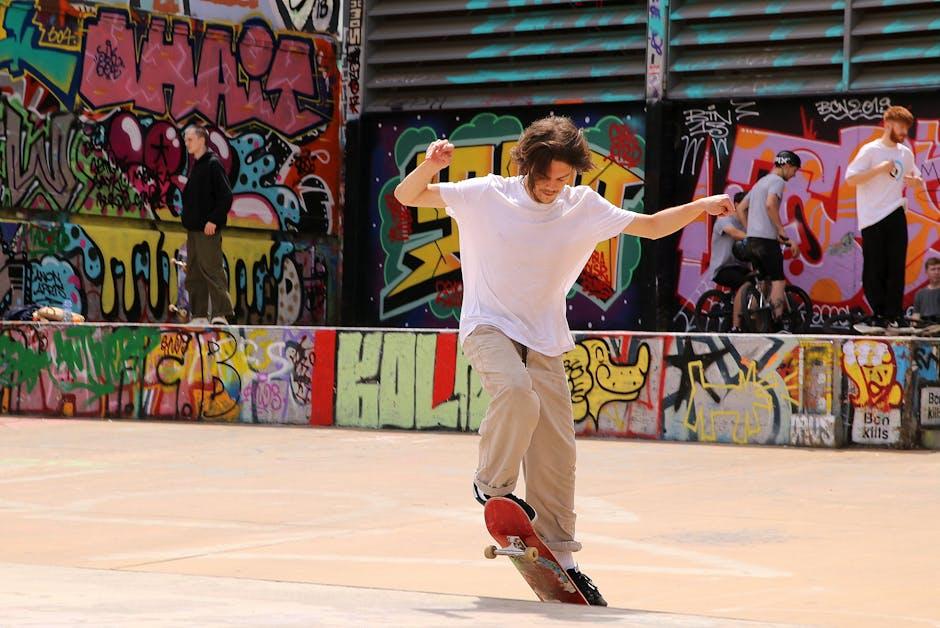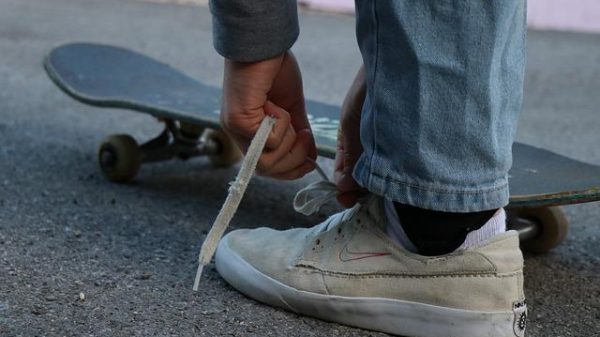In recent years, skateboarding has transcended its reputation as a rebellious counterculture activity, evolving into a potent platform for social justice and community activism. As a dynamic and inclusive subculture, skateboarding has historically attracted a diverse array of individuals united by a shared passion for creativity and freedom of expression. This inherent diversity, coupled with the sport’s grassroots ethos, has positioned skateboarding as an influential medium for advocating social change. Across the globe, skateboarders are harnessing the power of their community to address pressing societal issues, from racial inequality and gender inclusivity to environmental sustainability. This article delves into the multifaceted ways in which skateboarding is being leveraged as a catalyst for social justice, examining the initiatives, organizations, and individuals leading the charge in transforming the skateboarding landscape into a beacon of progressive change. Skateboarding as a Catalyst for Community Empowerment”>
Skateboarding as a Catalyst for Community Empowerment”>
The Rise of Skateboarding as a Catalyst for Community Empowerment
In recent years, skateboarding has transcended its origins as a counterculture activity, evolving into a powerful vehicle for social justice and community empowerment. Across the globe, skateparks have become sanctuaries for individuals seeking refuge from socio-economic challenges, discrimination, and societal marginalization. These concrete havens foster inclusivity, offering a platform for self-expression and community cohesion. Organizations like Skateistan and The Skatepark Project are leveraging the universal appeal of skateboarding to break down barriers, providing education and life skills to youth in underserved communities. By engaging young people in skateboarding, these initiatives are cultivating a sense of belonging and inspiring the next generation to challenge societal norms.
Skateboarding initiatives are increasingly being recognized for their role in promoting social equity and empowerment. Key aspects include:
- Accessibility: Skateboarding is a relatively low-cost sport, making it accessible to a diverse range of individuals regardless of their economic background.
- Inclusivity: Skateboarding communities often embrace diversity, providing safe spaces for people of all genders, races, and identities.
- Education and Advocacy: Many skateboarding organizations offer educational programs that empower participants with knowledge and skills beyond the skatepark.
- Community Building: Skateboarding events and workshops foster a sense of community, encouraging collaboration and mutual support among participants.
Through these elements, skateboarding is not just a sport; it is a transformative force driving social change and empowering individuals to push the boundaries of what is possible.

Integrating Activism and Artistry: Skateboardings Unique Role in Social Movements
Skateboarding, often seen as a rebellious and creative outlet, has evolved into a powerful vehicle for social justice. The culture surrounding this sport embraces diversity and challenges societal norms, making it a natural ally to various activist movements. By transforming public spaces into arenas of expression, skateboarders not only showcase their skills but also highlight critical social issues. This grassroots approach has helped elevate skateboarding as a tool for advocacy in the fight for equality and human rights.
Several factors contribute to skateboarding’s unique role in activism, including:
- Inclusivity: The skateboarding community often transcends barriers of race, gender, and socio-economic status, fostering an environment where diverse voices can be heard.
- Visibility: Skateboarders occupy urban landscapes, turning city streets and parks into stages for social commentary and protest.
- Collaboration: Partnerships with artists, musicians, and activists help to amplify messages and reach broader audiences, creating a ripple effect of awareness and change.
By merging creativity with activism, skateboarders have not only expanded the boundaries of their sport but have also become pivotal players in social movements, demonstrating the profound impact that artistry can have in advocating for justice and equality.

Fostering Inclusivity: How Skateboarding Cultivates Diverse Voices and Narratives
In the realm of skateboarding, a culture rich in diversity and expression thrives. As a sport that transcends borders and backgrounds, skateboarding serves as a powerful vehicle for social justice by amplifying voices that are often marginalized. This dynamic platform encourages skaters from all walks of life to share their stories, perspectives, and art forms, fostering a more inclusive community. Through grassroots initiatives and community-driven projects, skateboarding is reshaping narratives and creating spaces where everyone feels represented and heard.
- Accessible Opportunities: Skateboarding communities worldwide are actively working to break down barriers, making the sport more accessible to underrepresented groups through free workshops and equipment donations.
- Storytelling and Advocacy: Skateboarders are using their platforms to highlight social issues, creating documentaries, podcasts, and art that reflect diverse experiences and advocate for change.
- Collaborative Events: Events like skate jams and contests are being reimagined to include categories for women, non-binary individuals, and skaters with disabilities, promoting a culture of inclusivity and respect.
By embracing diversity, skateboarding not only enriches its own culture but also acts as a catalyst for broader societal change. Its community-driven approach exemplifies how sports can be a powerful force for fostering understanding and equity.

Policy Recommendations for Supporting Skateboarding as a Vehicle for Social Change
To harness the potential of skateboarding as a catalyst for social change, it is crucial to implement well-thought-out policy measures. These policies should aim to create an inclusive environment that empowers marginalized communities and promotes social equity. Local governments and community organizations can play a pivotal role in this process by focusing on several key areas:
- Inclusive Infrastructure Development: Allocate funds for the construction of skate parks in underprivileged neighborhoods, ensuring these spaces are accessible and welcoming to all, regardless of gender, race, or socioeconomic status.
- Community Engagement Programs: Develop outreach initiatives that involve local skaters in decision-making processes, fostering a sense of ownership and community pride.
- Educational Workshops: Partner with schools and youth organizations to offer workshops that highlight the social, cultural, and historical significance of skateboarding, reinforcing its role as a tool for empowerment.
- Support for Skateboarding Nonprofits: Provide grants and resources to nonprofit organizations that use skateboarding as a medium for social change, enabling them to expand their reach and impact.
- Anti-Discrimination Policies: Implement strict anti-discrimination policies in public skate spaces to ensure a safe and respectful environment for all participants.
By integrating these policy recommendations, we can transform skateboarding from a mere sport into a powerful platform for advocacy and social justice, fostering a more equitable and inclusive society.









